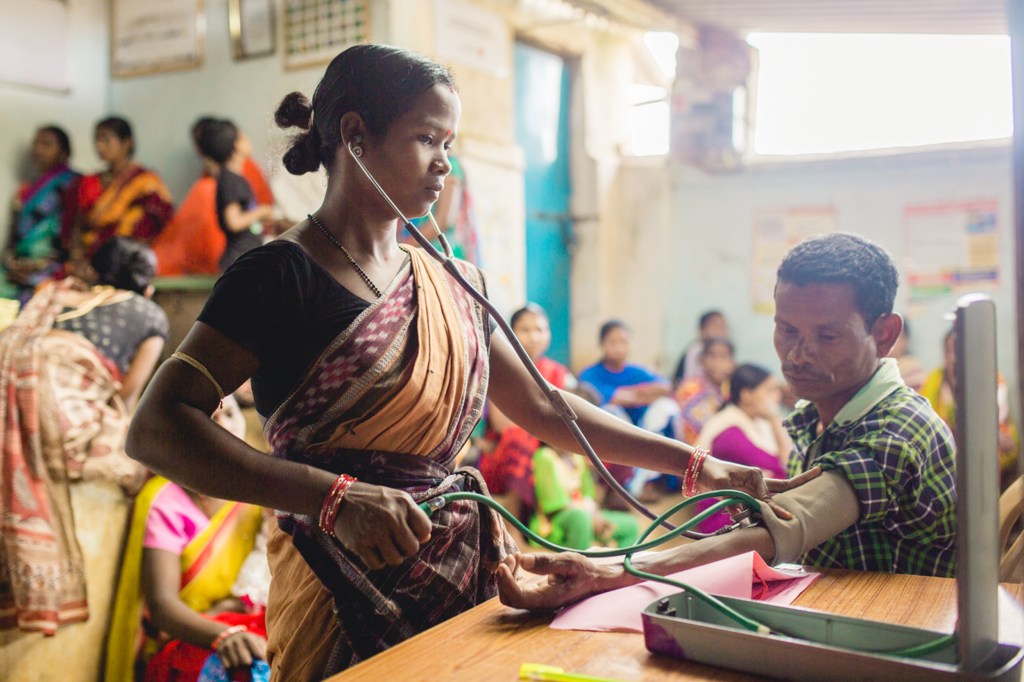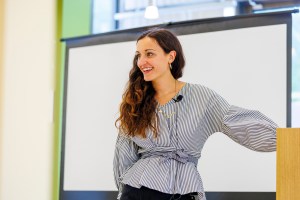Nation & World
-

A tale of three cities — and their turn to right in heartland
Government professor’s new book focuses on roles of race, class, and religion in evolution of former New Deal Democrats
-

Why do election polls seem to have such a mixed track record?
Democratic industry veteran looks at past races, details adjustments made amid shifting political dynamics in nation
-

You’d never fall for an online scam, right?
Wrong, says cybersecurity expert. Con artists use time-tested tricks that can work on anyone regardless of age, IQ — what’s changed is scale.
-
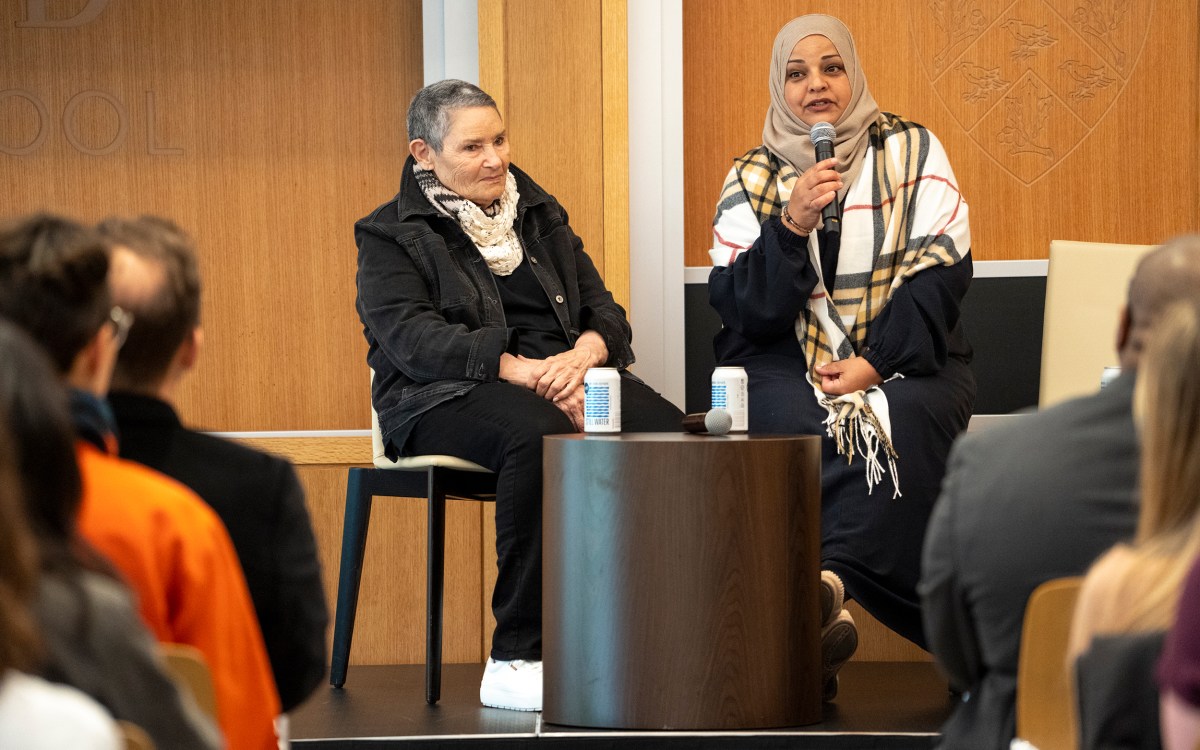
Two bereaved mothers who know price of war work for peace
Layla Alsheikh, Robi Damelin argue path to Mideast reconciliation begins with acknowledging common humanity
-
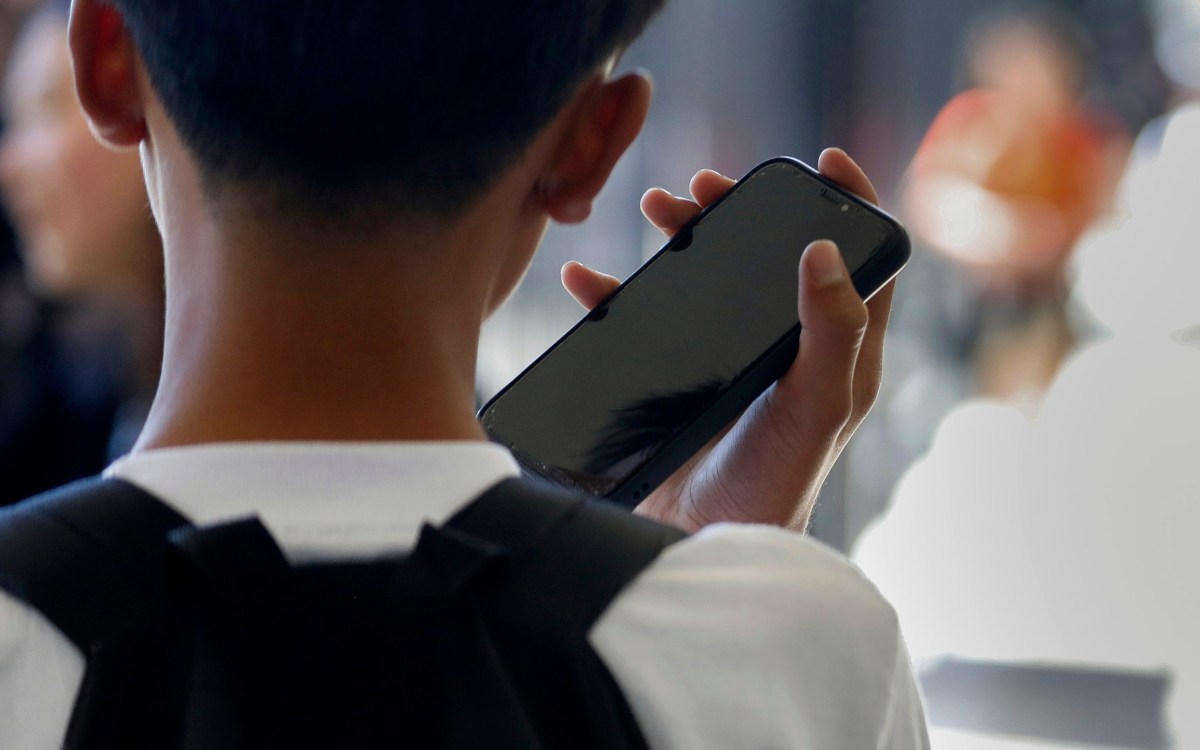
Taking the phones out of school
In podcast episode, experts discuss growing movement to restrict devices in class
-
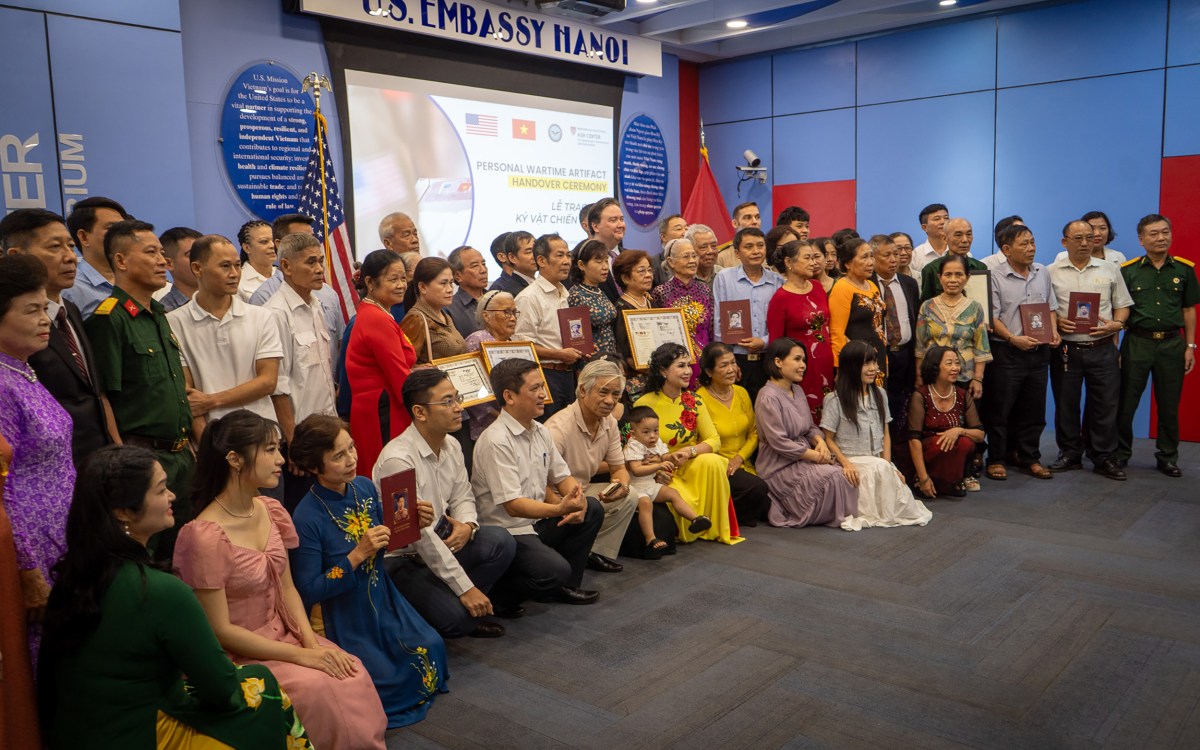
‘The first new information we’ve heard in 50 years’
Unseen Legacies researchers are answering decades-old questions about the fates of Vietnamese soldiers
-
Cease-fire terms during Pontiac’s War: British retreat and one Black boy
In an excerpt from “400 Souls,” Harvard’s Tiya Miles discusses Chief Pontiac seeking a visible status symbol in a boy enslaved by an officer.
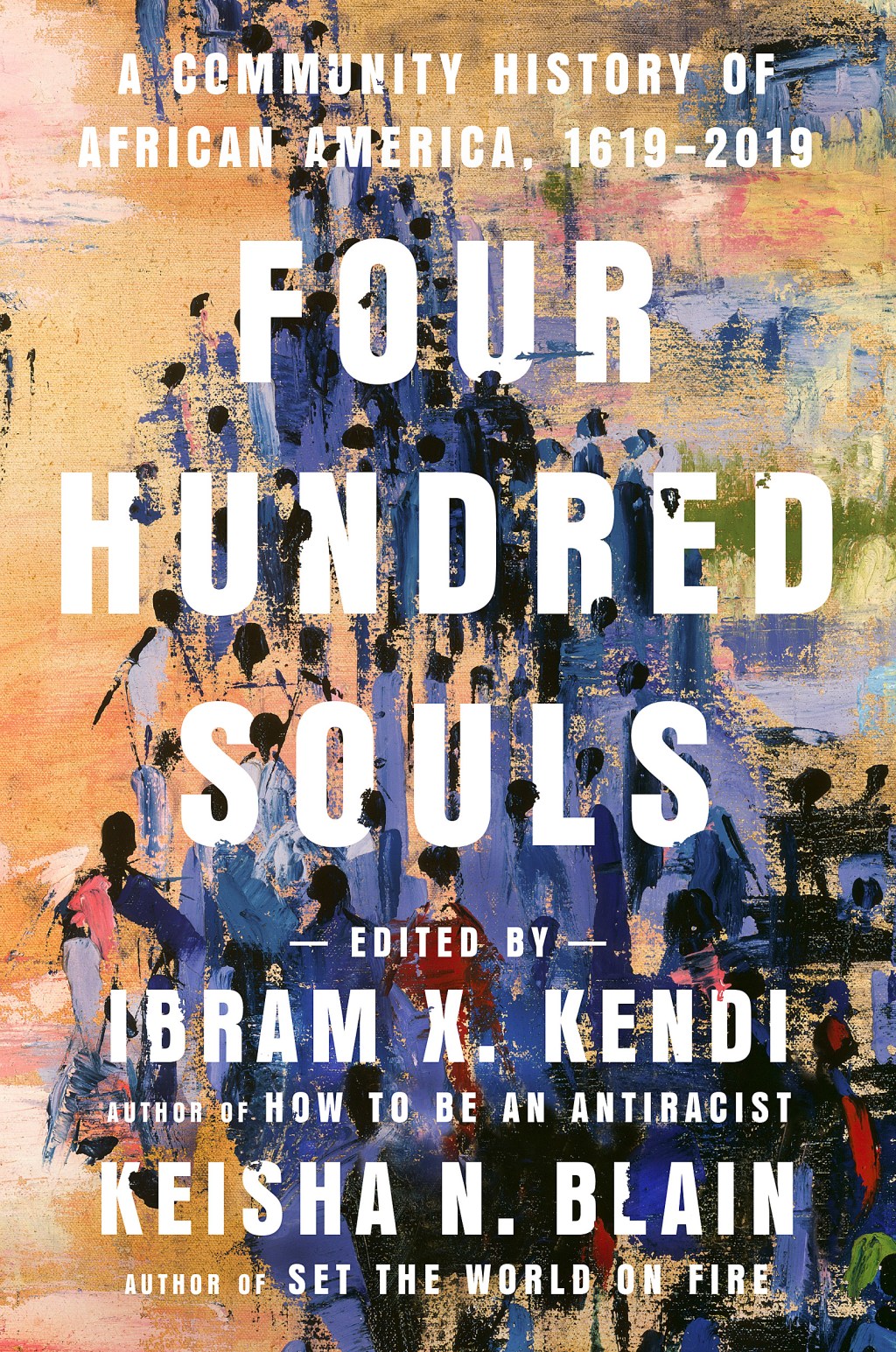
-
Making gifts that keep on giving
Former Navajo Nation Attorney General Ethel Branch ’01, M.P.P. ’08, J.D. ’08, started a GoFundMe campaign to help the Navajo and Hopi communities respond to the coronavirus pandemic. She has raised $18 million.
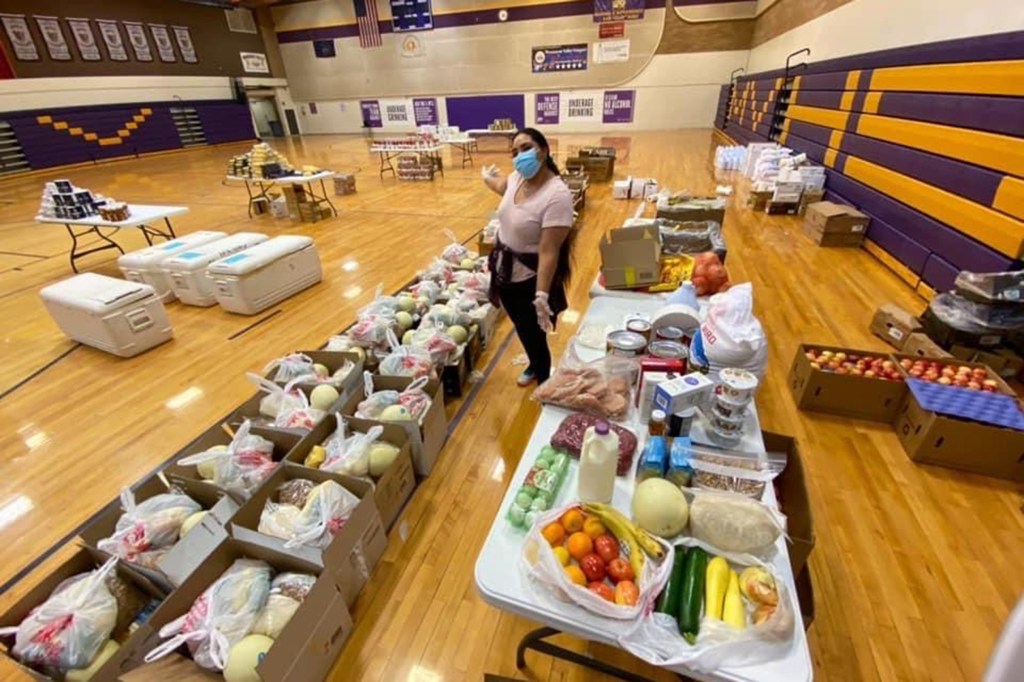
-
Just a misdemeanor? Think again
Criminal justice expert Alexandra Natapoff wrote a book about how the misdemeanor system punishes the poor and people of color. The book has inspired a documentary film, which will be released on March 11.
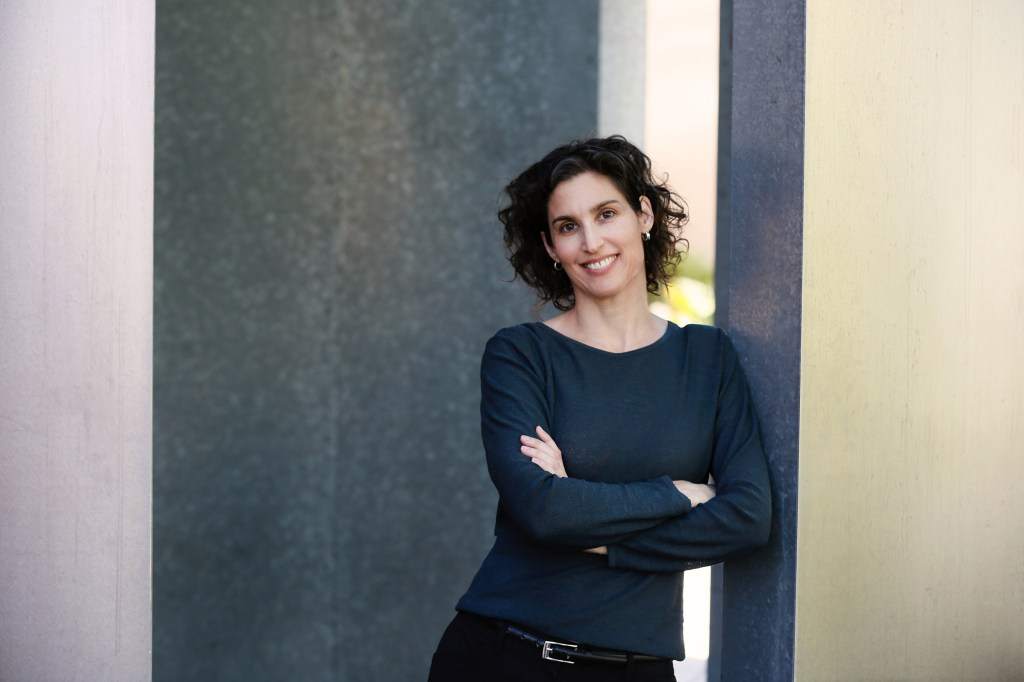
-
Madame Secretary
Former diplomat Madeleine Albright says sexism was a bigger hurdle at home than abroad.
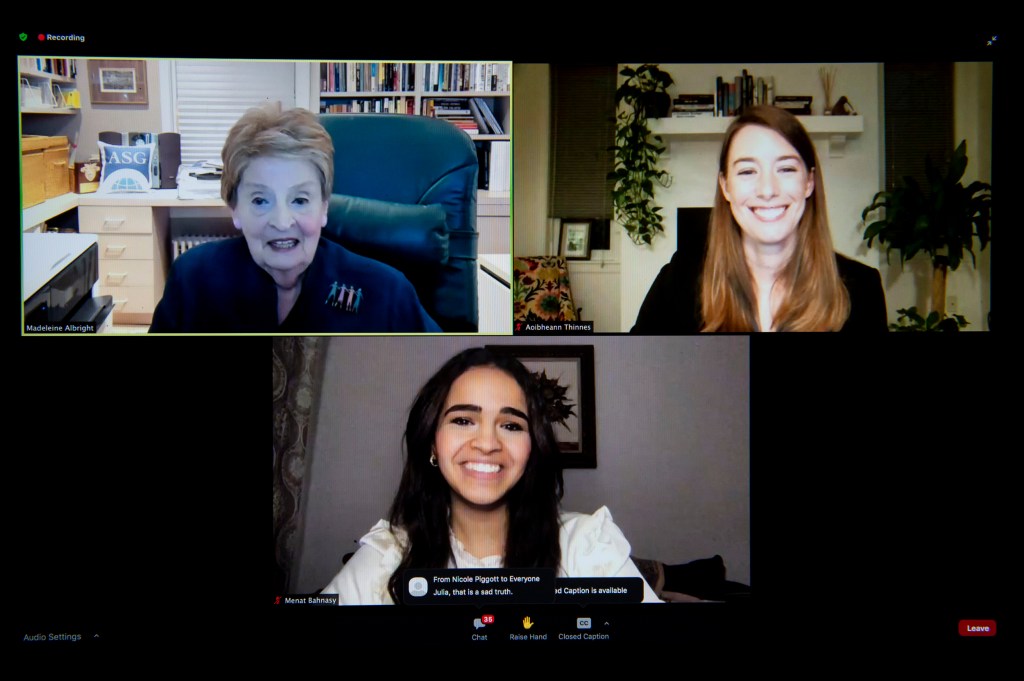
-
How the Black Church saved Black America
Henry Louis Gates’ new book on the Black Church traces the institution’s role in history, politics, and culture.
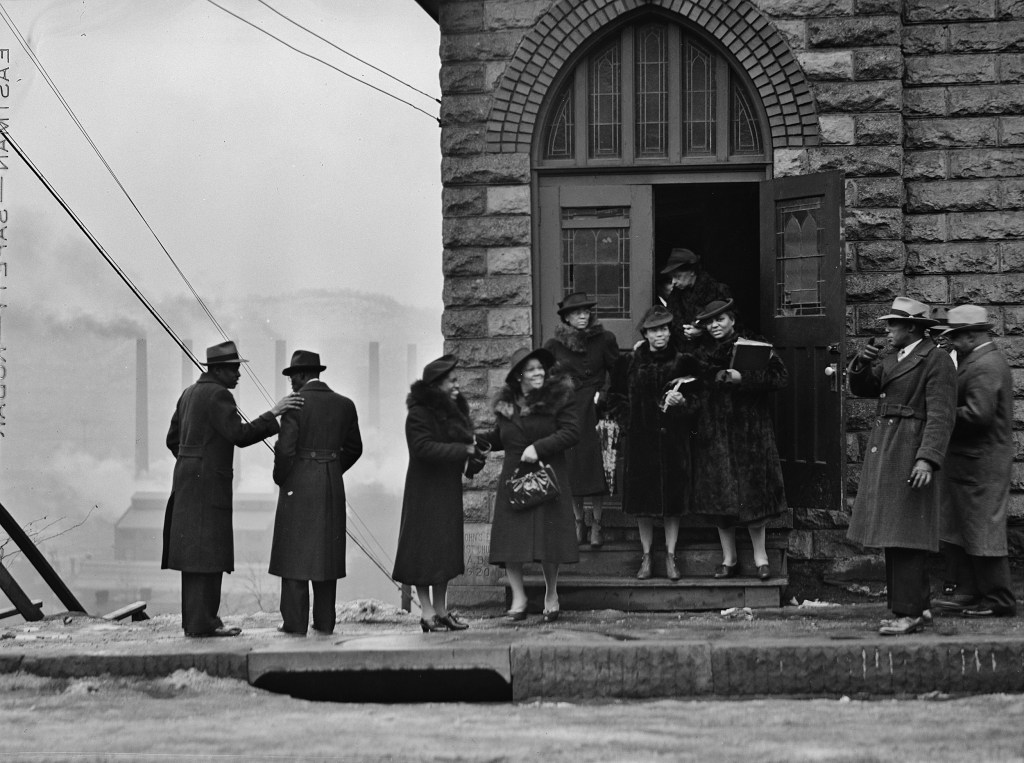
-
Predicting homicides in disadvantaged neighborhoods
A neighborhood’s well-being depends not only on its own socioeconomic conditions but on those of the neighborhoods its residents visit and are visited by.
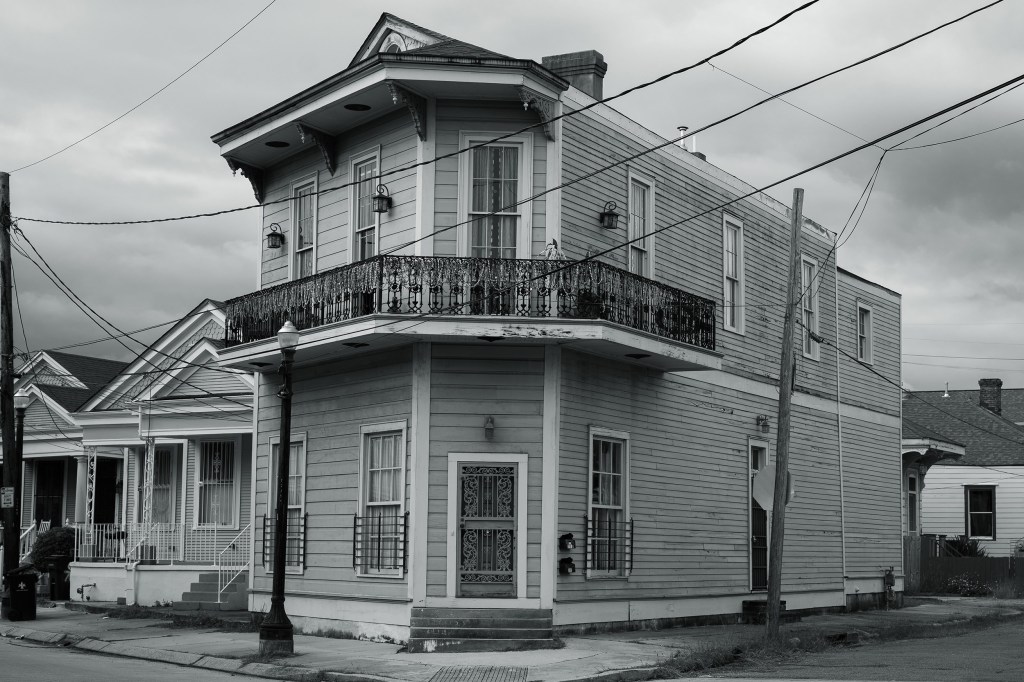
-
Native American program turns 50
The Harvard University Native American Program is celebrating its 50th anniversary. We look at how it started and its hopes for the future.
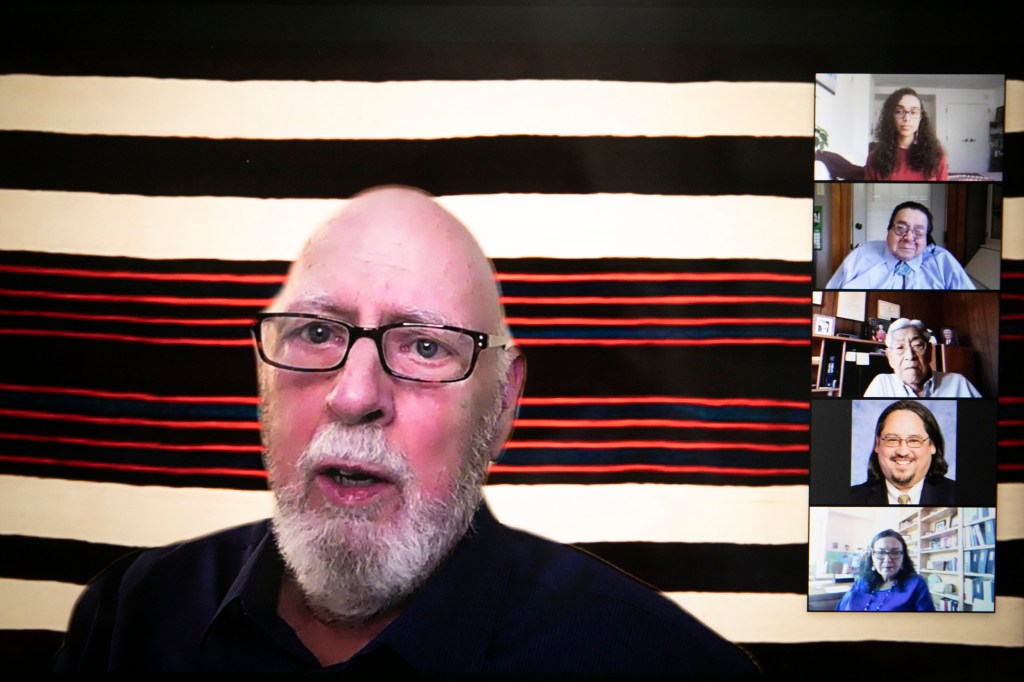
-
The conservative club that came to dominate the Supreme Court
In a new audiobook “Takeover,” Harvard Law Professor Noah Feldman explores the rise of the Federalist Society.

-
Head of global atomic energy agency details 11th-hour talks with Tehran
International Atomic Energy Agency Director General Rafael Grossi discussed his recent trip to Iran, his negotiations with Iranian leaders, along with the extra burdens placed on his agency by the dangers of the pandemic.
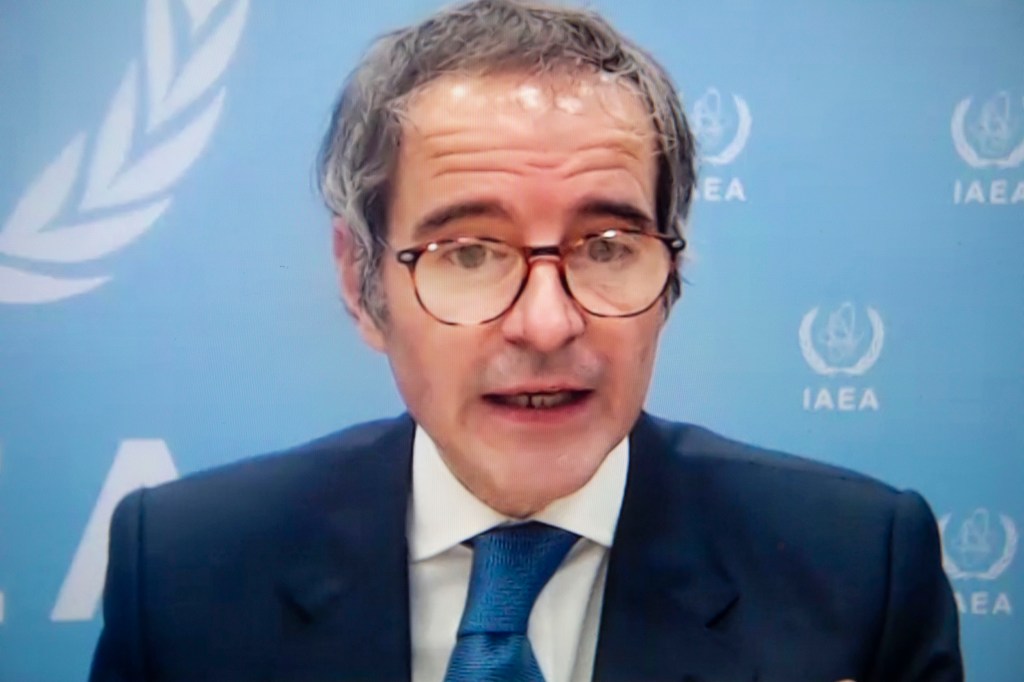
-
New database tracks data on slaves, slavers, and allies
A new open-source database called Enslaved: Peoples of the Historical Slave Trade (Enslaved.org), offers a repository of information and stories about those who were enslaved or enslavers, worked in the slave trade, or helped emancipate enslaved people.
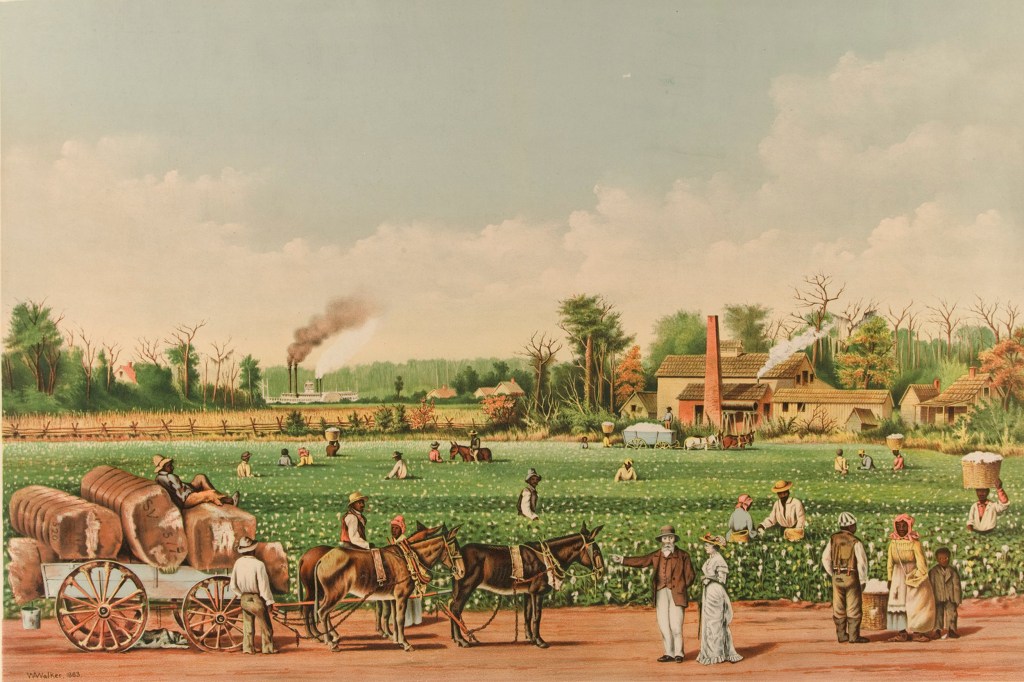
-
Two mayors talk pandemic, civic unrest, and the value of a network of peers
The Gazette recently spoke to Kathy Sheehan, mayor of Albany, N.Y., and Randall Woodfin, mayor of Birmingham, Ala., and asked them to share how their experience at Harvard as part of the Bloomberg Harvard City Leadership Initiative prepared them to face the toughest year of their careers.
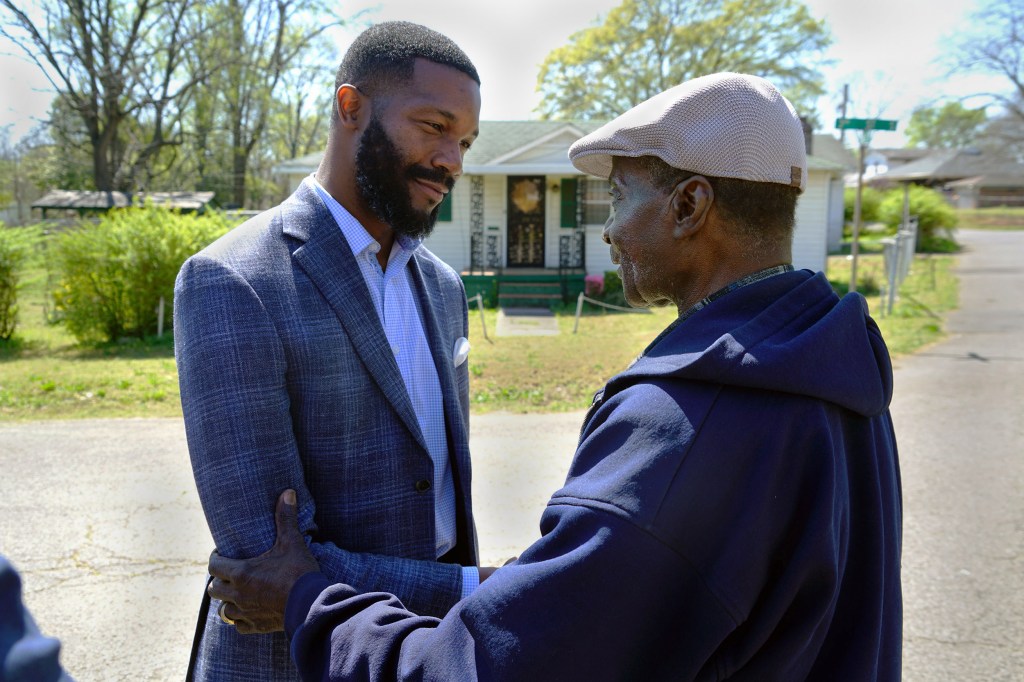
-
Redrawing the civics education roadmap
In a report released March 1, “A Roadmap to Educating for American Democracy,” researchers at Harvard, Tufts, and other institutions laid out a strategy and other recommendations for a large-scale recommitment to the field of civics, which has seen investment decline during the last 50 years.
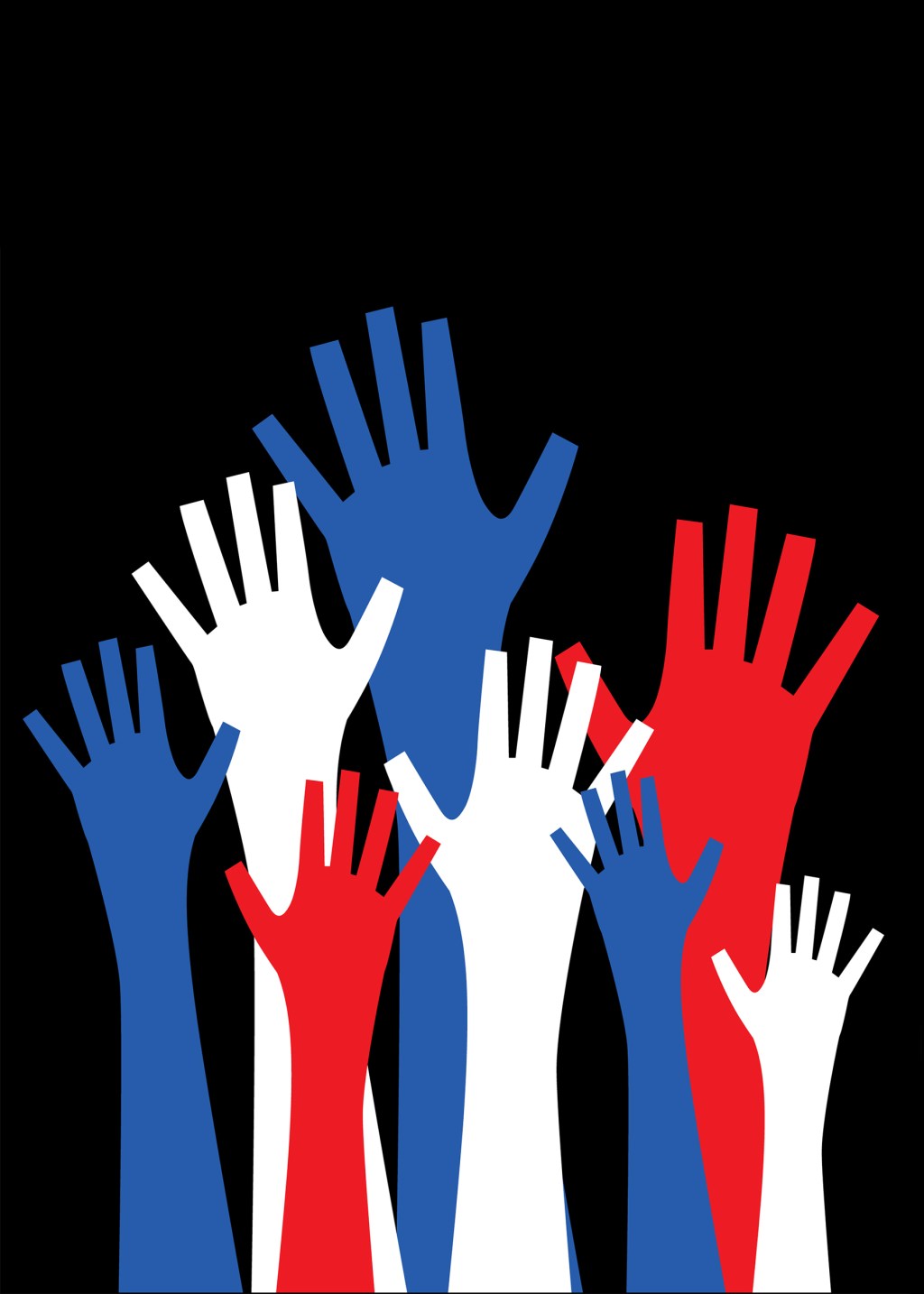
-
Biden may regret releasing report on Khashoggi murder
President Biden’s release of 2018 U.S. intelligence report on murder of journalist Jamal Khashoggi sets the stage for a significant shift in U.S.-Saudi relations from Trump era.

-
Solving racial disparities in policing
Experts say approach must be comprehensive as roots are embedded in culture
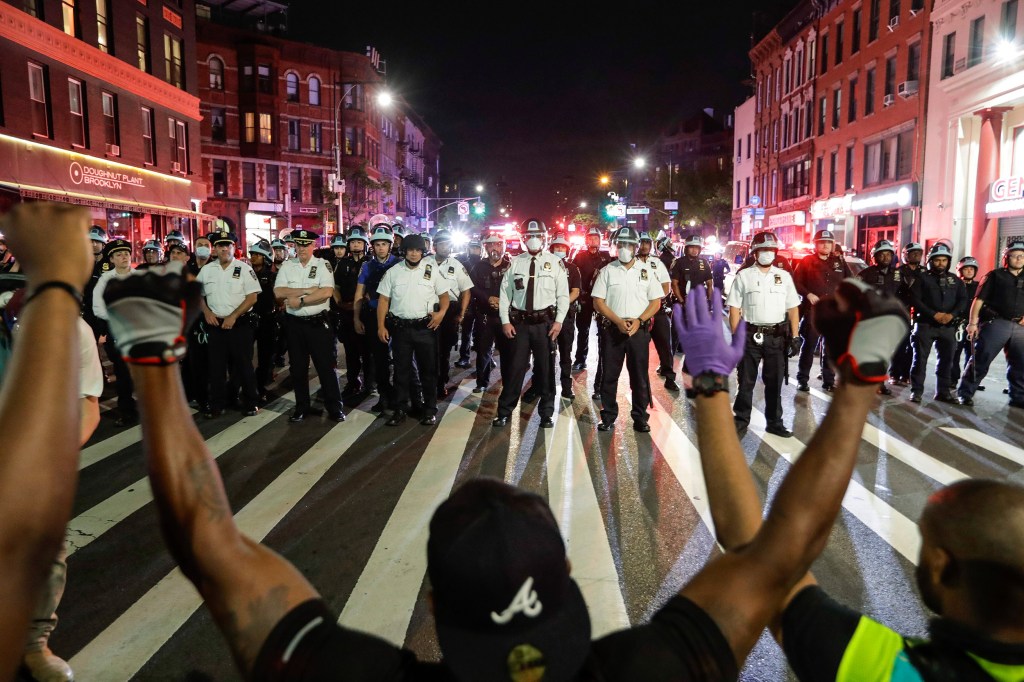
-
An overhaul for justice
Ana Billingsley, assistant director with the Government Performance Lab at the Harvard Kennedy School, examines inequities in the criminal justice system.
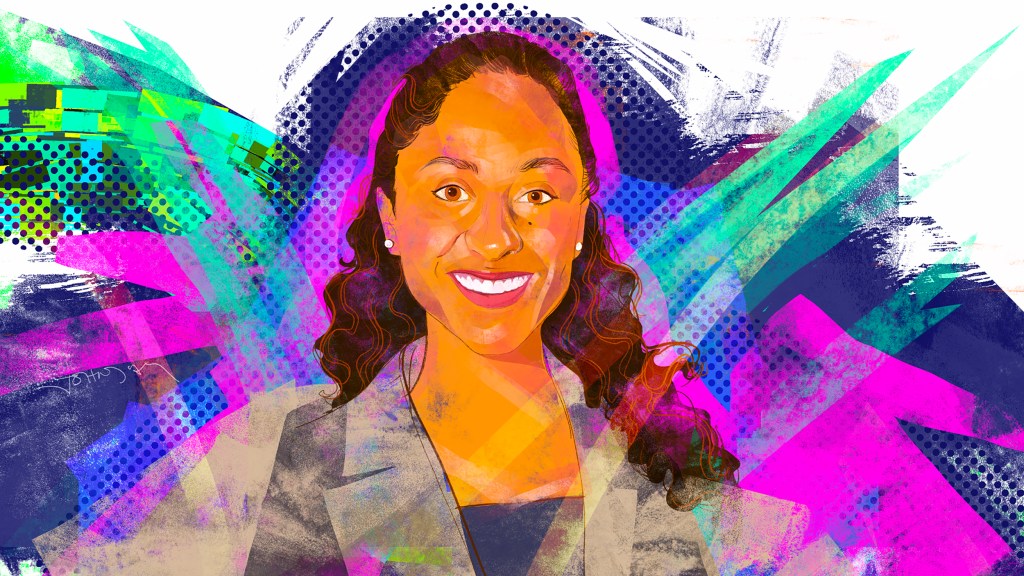
-
A key to ending racism: Make it personal
In his new book, “The Conversation: How Seeking and Speaking the Truth About Racism Can Radically Transform Individuals and Organizations,” Robert Livingston of the Harvard Kennedy School argues that racism can be battled with constructive dialogue.
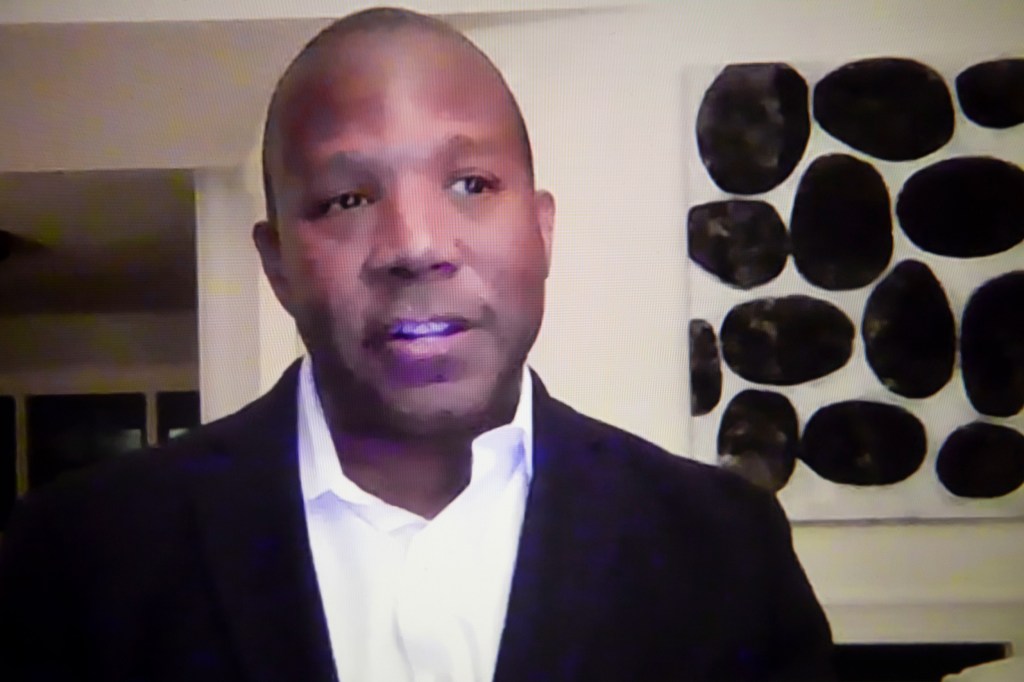
-
So why did the state vaccine-reservation system crash?
David Eaves, an expert on information technology and the government, discusses why governments seemingly struggle to implement tech tools such as vaccine appointments or health insurance enrollment.
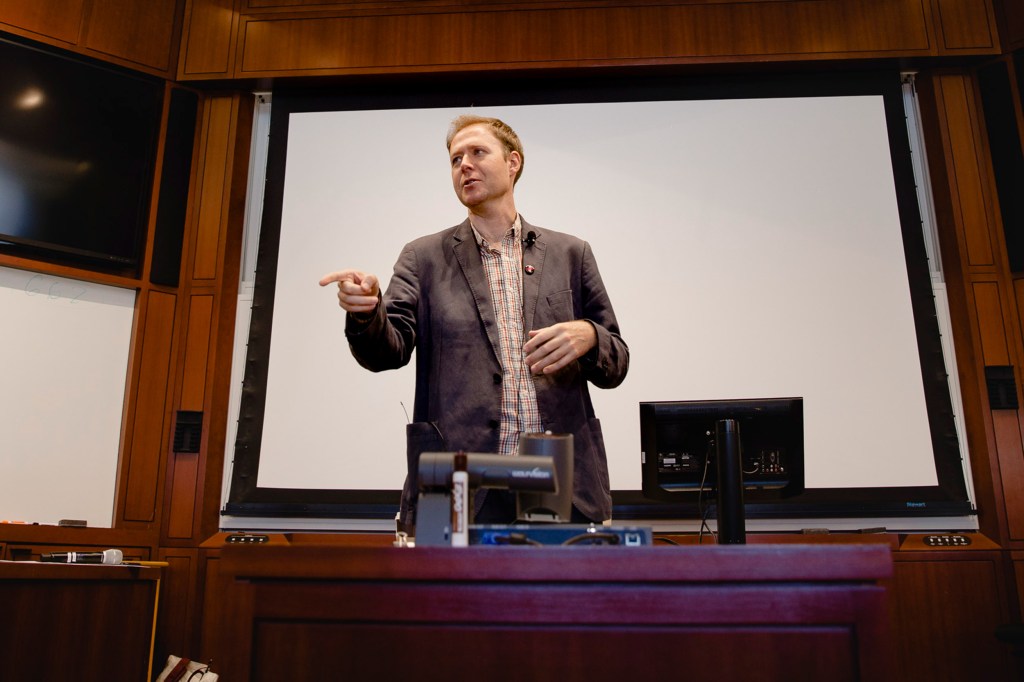
-
Seeded amid the many surprises of COVID times, some unexpected positives
We ask experts in the fields of medicine, biology, public health, education, religion about the unexpected upsides in the coronavirus pandemic.
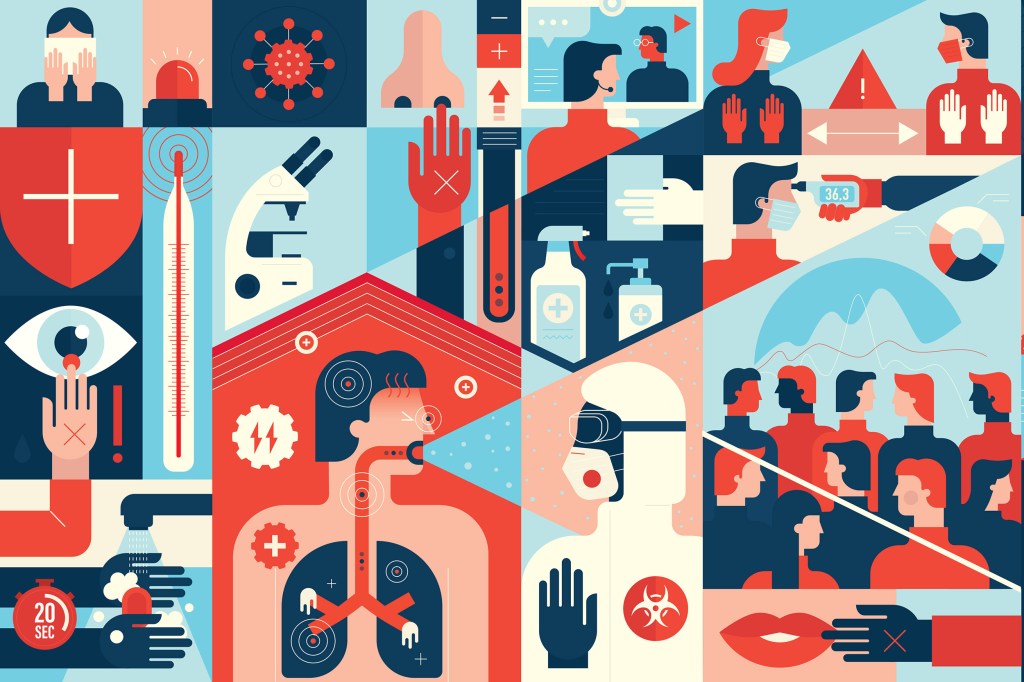
-
On the road to JFK
Fredrik Logevall, whose recent book, “JFK: Coming of Age in the American Century, 1917‒1956,” covers the president’s early years. In conversation Monday with fellow historian Jon Meacham, Logevall discussed his findings and offered some hints as to what is to come in the second volume.
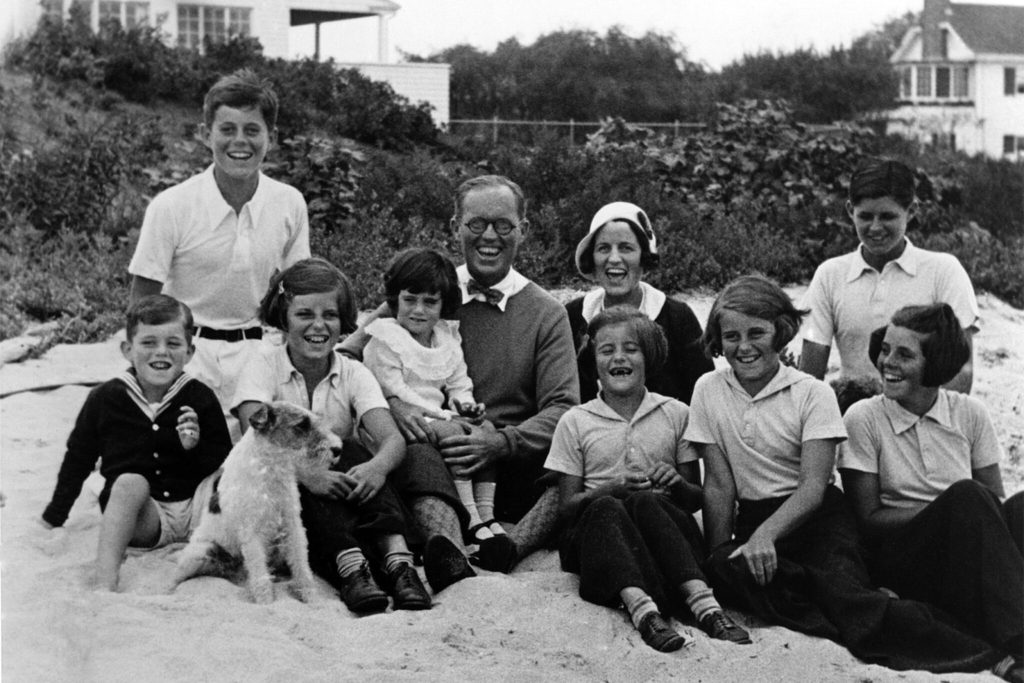
-
Black voters take the wheel
Voting rights activist LaTosha Brown explains how decades of painstaking activism culminated in Black voters’ decisive and historic role in the 2020 election.
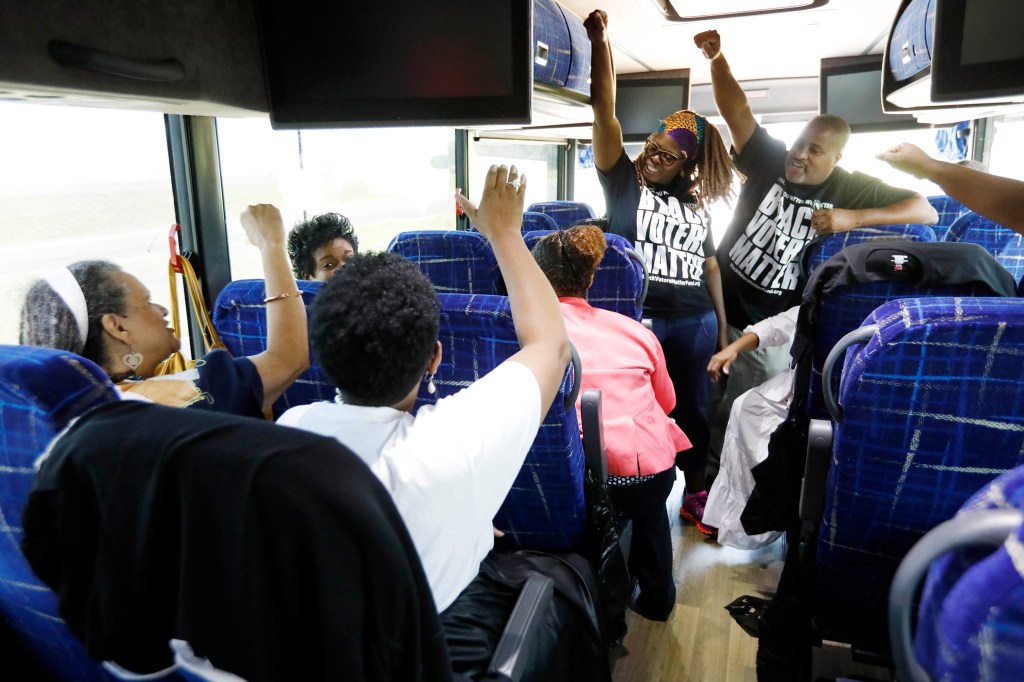
-
For the first time, a Native American may oversee U.S. policies on tribal nations
Harvard community members react to the nomination of Rep. Deb Haaland as secretary of Interior, the first Native American in the department that is home to the Bureau of Indian Affairs.

-
Taking systemic racism from a solvable problem to an achievable solution
At a Kennedy School talk, lecturer Robert Livingston outlined ways organizations can help lessen racism.
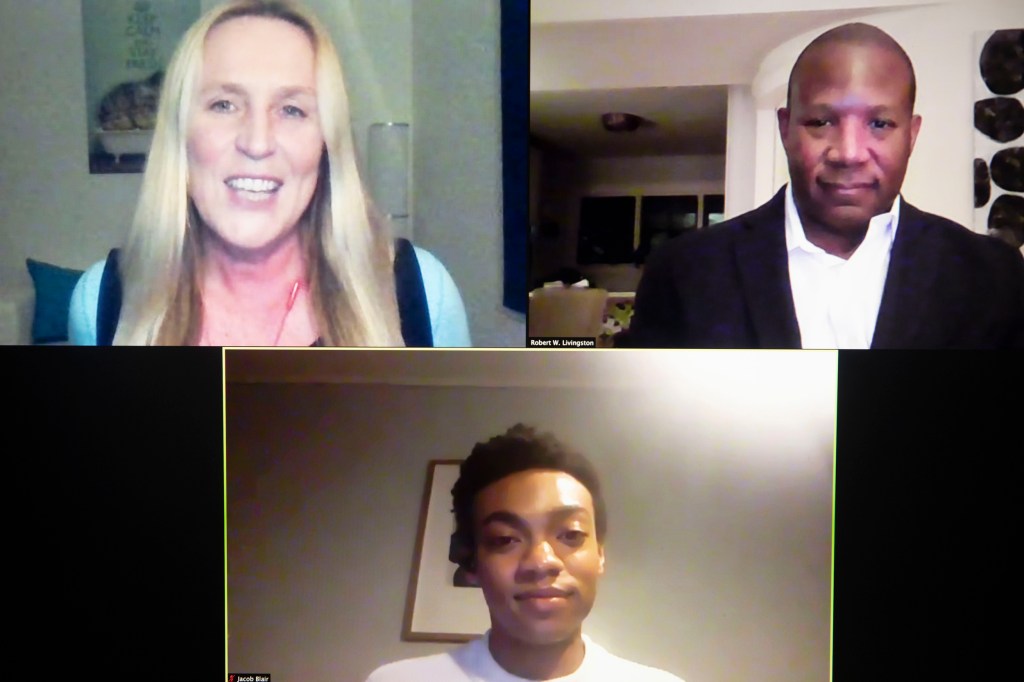
-
How Trump illustrated the need for more curbs on presidential power
A webinar discussion between Pulitzer Prize-winning journalist and best-selling author Bob Woodward and current DOJ Inspector General Michael Horowitz on presidential accountability reform.
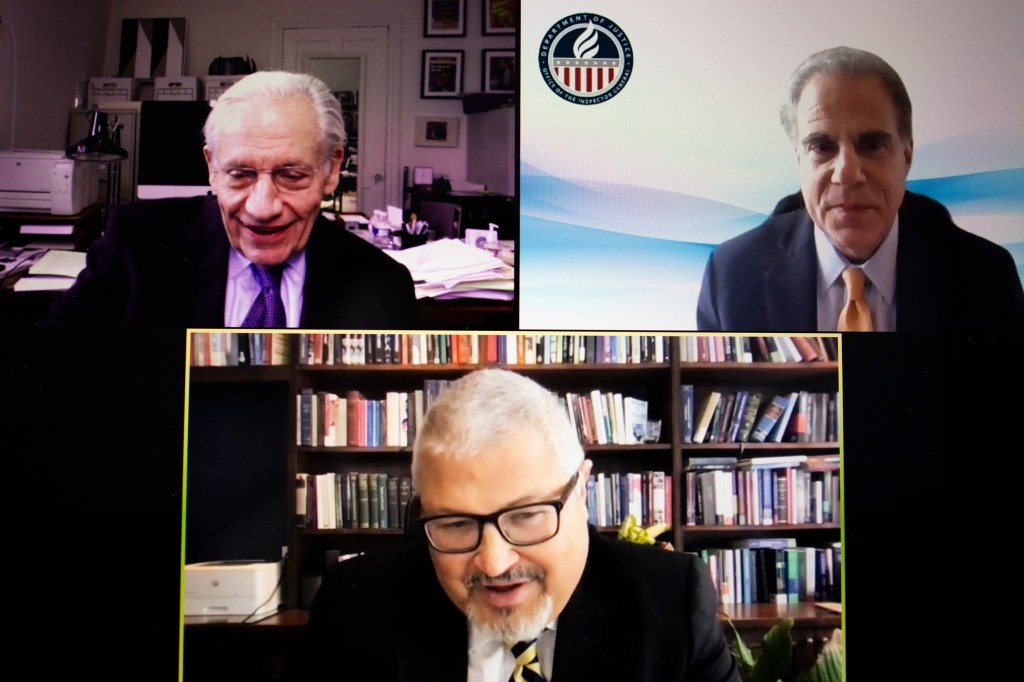
-
Guess who’s coming to dinner
Marya T. Mtshali spoke to the Gazette about the long history of American fears of racial mixing, the importance of decentering whiteness in discussions of race and relationships, and why we should value love as a scholarly subject.
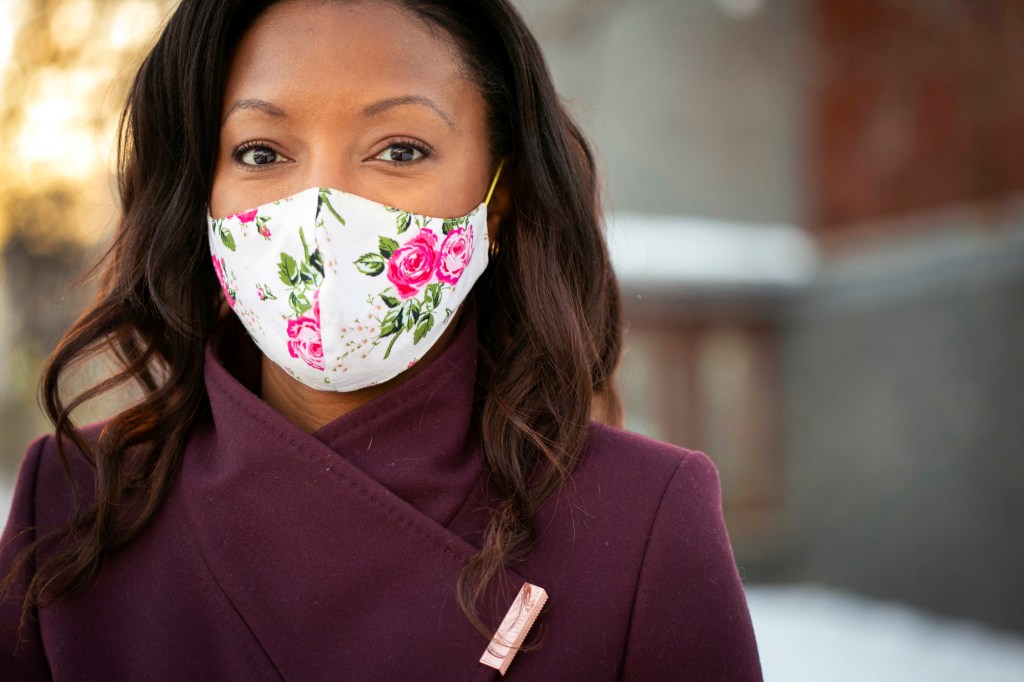
-
Lessons from an older Gilded Age for a new one
Professor Robert Putnam and Shaylyn Romney Garrett discussed their new book, “The Upswing: How America Came Together a Century Ago and How We Can Do It Again,” at a Kennedy School event.
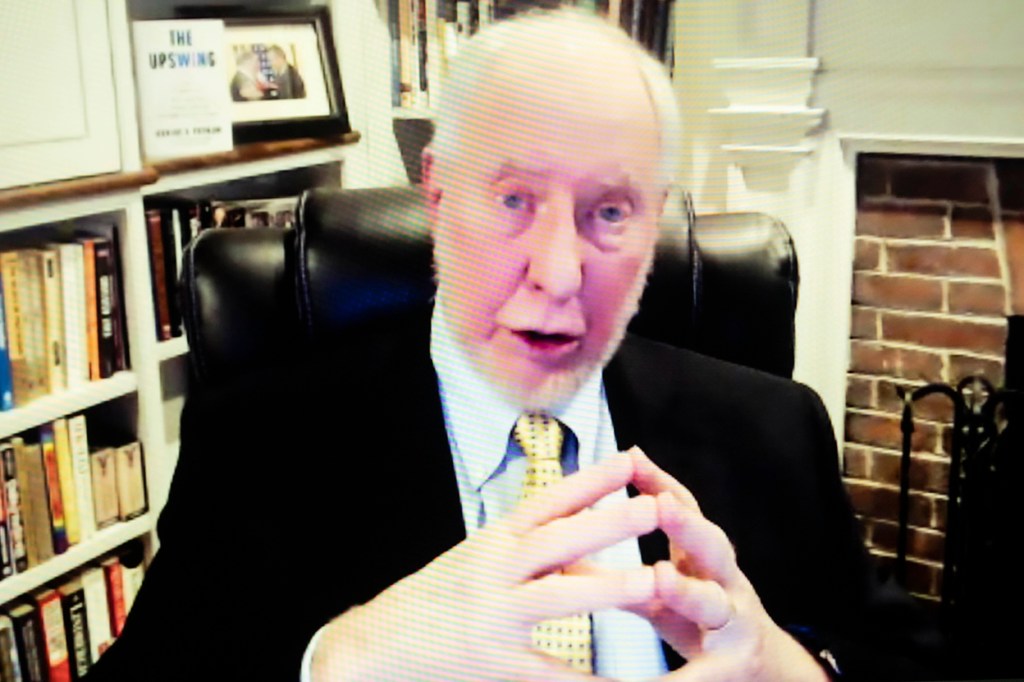
-
Organizing, but not compartmentalizing
LaTosha Brown, founder of the Black Voters Matter Fund and the Southern Black Girls and Women’s Consortium, shares insight on increasing voter turnout in a post-election conversation on Feb. 11.
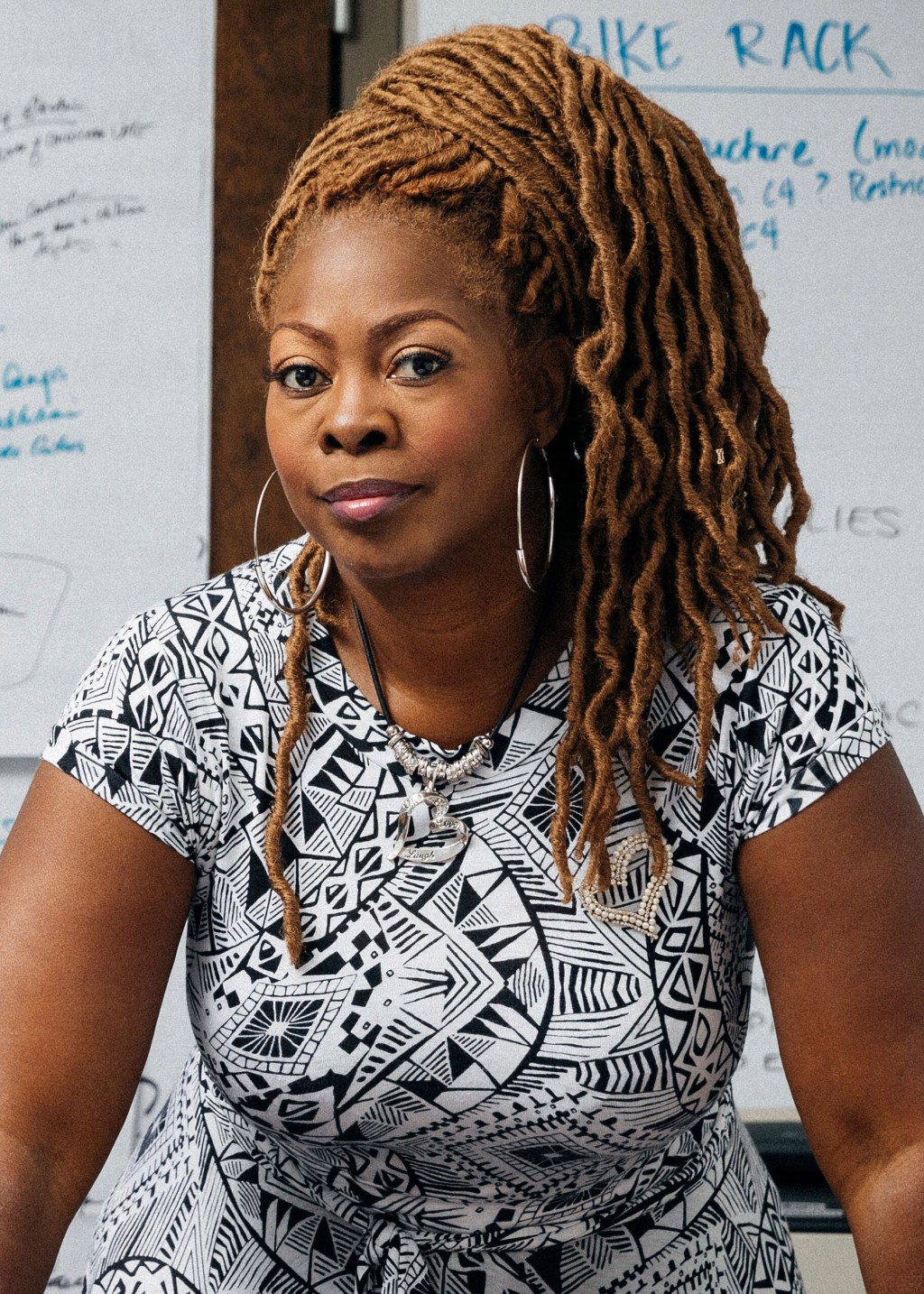
-
Young, athletically gifted, and Black — at Harvard
An all-star panel of former University athletes came together in a Black Varsity Association Zoom event to discuss the impact of race on the college and professional sports worlds.
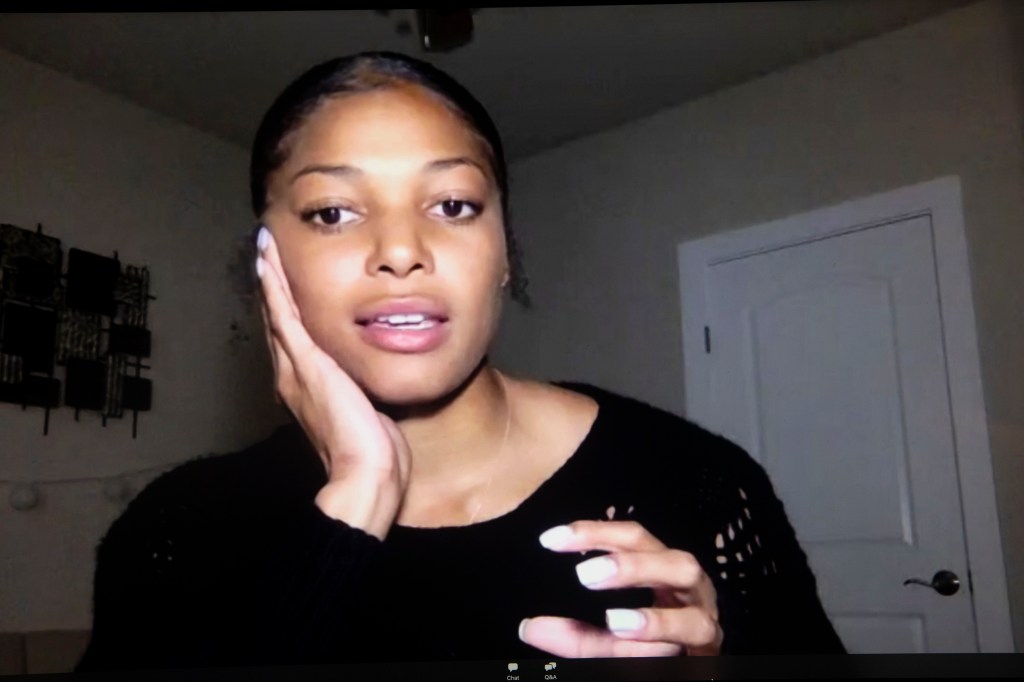
-
What to look for at Trump’s impeachment trial
Trump is the first president to be impeached for a second time and will be the first to be tried after leaving office.
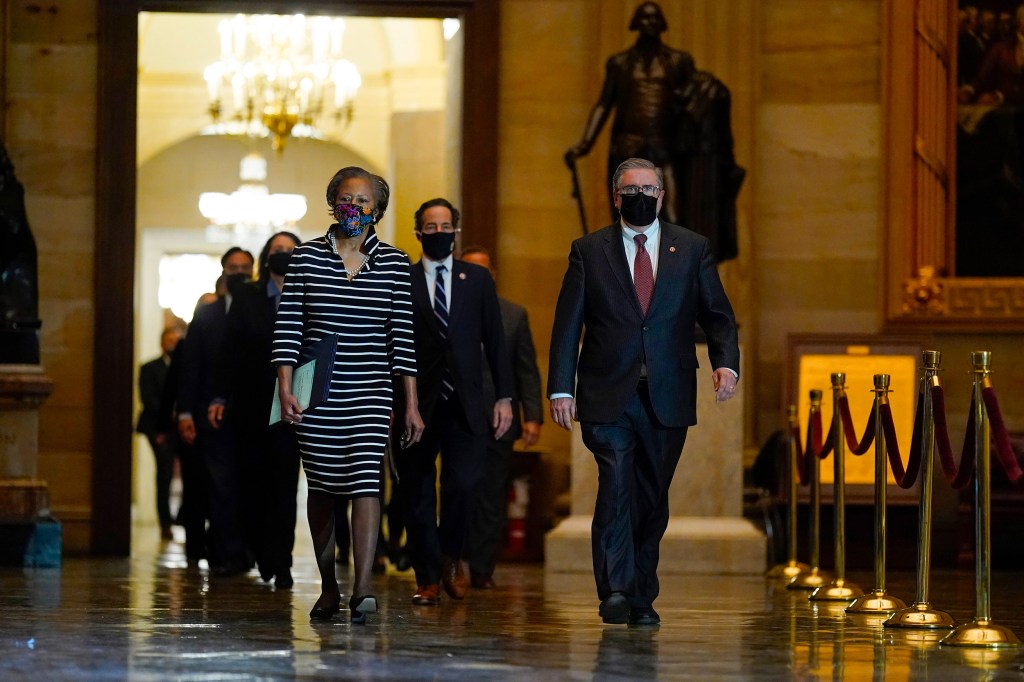
-
Is this a tipping point for Putin?
Igniting growing demonstrations of outrage across Russia, the prosecution of anti-corruption activist Alexei Navalny could pose a rare challenge to President Vladimir Putin’s iron grip on power.
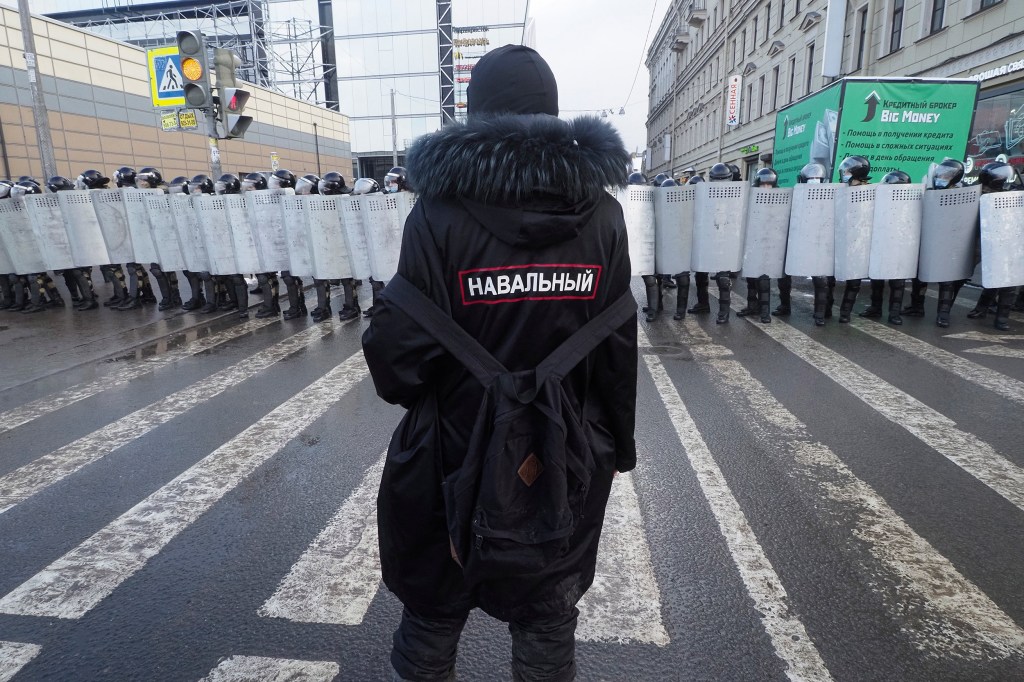
-
Amid pandemic tragedy, an opportunity for change?
The Harvard chairs of a new Lancet commission studying universal health care in India say the coronavirus’ impact there has created a moment of opportunity for change.
